Nigeria
Nigeria’s central bank will open a “purely” market-driven window for interbank foreign exchange trading, shifting away from a fixed exchange rate, in an effort to increase the supply of hard currency, the governor of the bank said on Wednesday.
The central bank will use the new trading scheme to inject foreign exchange liquidity, if needed, which Nigeria hopes will ease severe dollar shortages caused by a slump in oil revenue, Governor Godwin Emefiele said.
Speech by #CBN Gov., Godwin I. Emefiele: Re-Introduction & Operationalizing Nigeria's Flexible Exchange Rate Market https://t.co/ebvxRQFZyi
— Central Bank Nigeria (@cenbank) June 15, 2016
It was not clear at what rate the central bank would supply dollars to the interbank market. The central bank’s official rate is 197 naira to the U.S. dollar, but the currency trades at around a 50 percent discount on the parallel market.
Letting the market set the naira’s value is likely to drive down its value. That will make Nigerian products cheaper and competing imports more expensive, which should stimulate the domestic economy.
“The market shall operate as a single market structure through the interbank and autonomous window. Two, the exchange rate will be purely market driven using the Thomson Reuters and FMDQ other matching system as well as the conventional dealing book,” Emefiele told reporters.
“To improve the dynamics of the market, we will introduce FX primary dealers who would be registered by the CBN to deal directly with the bank for large trade sizes on a two-way quote basis,” he said.
Investors approved of the idea and Nigeria’s stock market gained 3 percent following the announcement.
“The impact in our view is going to be positive. The reason is that the bane of our issue had been the foreign currency management you know and in fact we blame most of the bad macro-economic indicators that have been published recently on the previous FX policy so for us this is more like freeing the market and allowing the economy to actualise its full potentials,” said Robert Omotunde, a research investment analyst at Afrinvest Securities Limited.
Emefiele also said the central bank will open a foreign exchange futures market to ease demand on spot trading, reduce volatility and give businesses more certainty.
Precise guidelines will be published later on Wednesday, he said, adding that the new window would have eight to 10 primary traders handling minimum volumes of 10 million U.S. dollars.
“A lot of foreign investors who have been trying to come to the market have been wary of coming. The reason is because of the mis-pricing or the mis-alignment in the exchange rate. We believe this new market is going to be aligned to market pricing mechanism,” said Omotunde.
Africa’s biggest economy, which contracted by 0.4 percent in the first quarter, faces its worst crisis in decades after the decline in oil prices and last year’s introduction of a currency peg that prompted large-scale capital flight.
Reuters



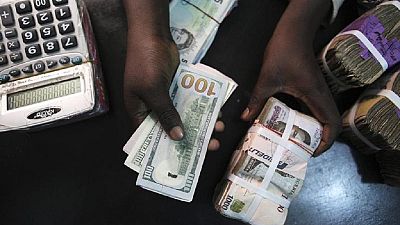


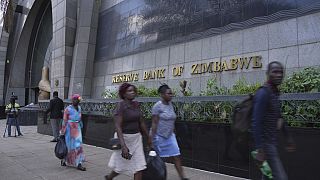
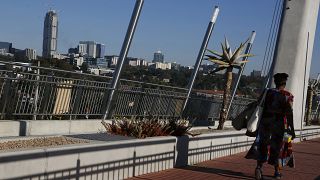
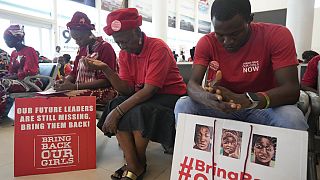


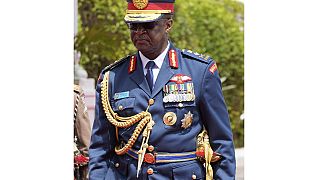
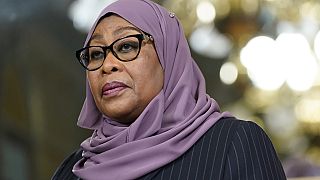
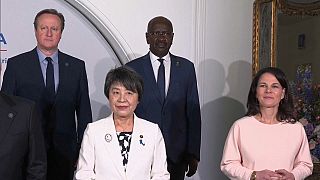
01:02
Pics of the day: April 15, 2024
02:46
Nigeria: chibok abduction anniversary spurs demands for justice
02:41
Lagos marks 10th anniversary of chibok kidnapping
02:44
Addressing Nigeria's Mental Health Challenge Amidst Economic Hardship
02:31
Nigeria: 10 years on from Chibok, kidnappings still frequent
01:29
Nigeria: Muslims mark end of Ramadan with Eid al-Fitr prayers